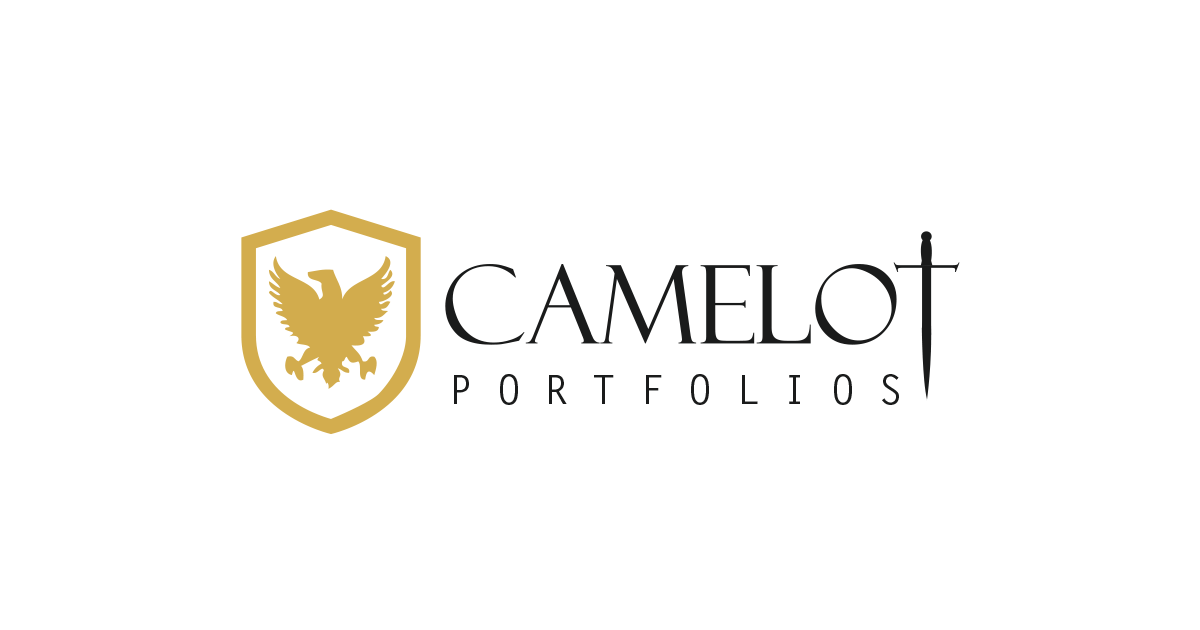Winners and Losers of the Pandemic
by Thomas Kirchner, CFA & Paul Hoffmeister
Since the beginning of the crisis, perma bears and perma bulls have disagreed about whether we are headed for a severe depression or whether there will be a rapid V-shaped recovery once the economy opens up again. The stock market’s verdict so far validates the optimists: the S&P 500 has recently retraced 62 percent of its losses.
Predictably, Europa and Asia are lagging, but not by much: both the DAX and the Nikkei 225 have recovered half of their peak losses. Of the 500 stocks in the S&P, almost 100 are positive YTD, while that is the case for only four of the 30 DAX stocks and 15 of the 225 Nikkei stocks [i]. There are wide gaps between industries and sectors within each index: travel and financial stocks were the key drivers of the drawdown in the S&P while automotive and industrial stocks suffered the heaviest losses in the DAX. The winners seemingly everywhere were stocks that benefit from stock trading volume, mainly exchanges and brokers, as well as pharmaceutical stocks. In the S&P, large technology companies also were able to recover quickly after initial price losses. Many large cap tech companies, by the way, have grown so much in recent years that a handful of these companies now represent 20 percent of the total value of the S&P 500, a trend that their recent outperformance has reinforced further.
One of the big buyers during the selloff has been the Swiss National Bank (SNB) that is defending the Franc against a falling Euro. Not only does the Swiss Franc remain true to its reputation as a safe-haven during times of crisis, but negative yields in Swiss government bonds are now comparable to those in the Eurozone. With Swiss yields less punitive than before the crisis when compared to Eurozone yields, the Swiss Franc has become less unappealing as a currency relative to the Euro. This is likely to have encouraged further inflows. The SNB has used the foreign currency reserves that it has amassed over the last few years in an attempt to keep the Franc weak to invest not just in foreign government bonds, as central banks typically do, but also by investing in stocks. The SNB purchased some of the most famous large cap tech stocks during the first quarter. With turmoil in the FX market continuing into April, it is safe to assume that its purchases have continued in Q2. These massive purchases have arguably contributed to the outperformance of large cap stocks. [ii]
Smaller technology stocks are also among the winners, especially if they support teleworking. Citrix, Ringcentral and Zoom may generate record earnings thanks to their computer access and video conferencing software. Zoom founder, Eric Yuan, has become some $4 billion richer as the stock of that company has nearly doubled since the beginning of the year. Similarly, Docusign and Adobe have outperformed. They allow documents to be signed electronically.
In the pharmaceutical industry Gilead, Fresenius and Merck are some of the biggest winners. Gilead's share price has rallied 69 percent this year as investors placed high hopes in the Remdesivir drug approved for the treatment of Covid-19. However, it is still unclear if and by how much Gilead will be able to make profits from it. The company announced the free donation of 1.5 million doses, which will impact financials. What pricing and costs will look like once commercial sales begin is unclear. In the optimistic scenario, analysts estimate that the value of future Remdesivir profits may only represent 1-4 Dollars per share, or less than five percent of the current market price. [iii] In our view, much of the good news has already been priced into this stock. [iii]
Other notable winners and losers are mining stocks, which reflect the prices of the respective commodities: Newmont, the only gold producer in the S&P 500, rose almost 50 percent this year, whereas oil producers have in many cases lost about the same amount.
Finally, in this global fight against a sinister virus, the bleach maker Clorox has seen its stock rally by nearly one third since the beginning of the year, similar to the growth in sales in its cleaning products division. However, the actual demand for disinfectants is even higher than what the sales increase might suggest. Production capacity for disinfectants lags demand and the expansion of that capacity may be completed during the summer. Therefore, sales might be boosted further, if additional product can be shipped. [iv]
Stocks will likely have more volatility and turbulence in the months ahead. The stock market’s winners and losers may still take some surprising twists and turns. If the perma bears are correct, then current trends of who is a winner and a loser could persist. However, if the bulls are correct and the economy opens gradually and there isn’t a major second wave of viral infections, then we expect stocks that have been laggards so far to become some of the biggest winners.
[i] All returns are YTD through 5/8 unless noted otherwise. Source: Bloomberg.
[ii] Author’s analysis of Forms 13F-HR filed by the Swiss National Bank with the U.S. Securities and Exchange Commission for the periods ended 12/31/19 and 3/31/30.
[iii] Carter Gould, Andrew Ang, Justin Burns: “Gilead Sciences, Inc.: Our Thoughts Post the 1Q20 Call.” Barclays Bank Equity Research, May 1, 2020.
[iv] Clorox earnings press release for Q1 2020 filed with the U.S. Securities and Exchange Commission on Form 8-k on May 1, 2020.
Thomas Kirchner,CFA, has been responsible for the day-to-day management of the Camelot Event Driven Fund since its 2003 inception. Prior to joining Camelot he was previously was the founder of Pennsylvania Avenue Advisers LLC and the portfolio manager of the Pennsylvania Avenue Event-Driven Fund. He is the author of 'Merger Arbitrage: How To Profit From Global Event Driven Arbitrage.' (Wiley Finance, 2nd ed 2016) and has earned the right to use the CFA designation.
Paul Hoffmeister is chief economist and portfolio manager at Camelot Portfolios, managing partner of Camelot Event-Driven Advisors, and co-portfolio manager of Camelot Event-Driven Fund (tickers: EVDIX, EVDAX).
Mr. Hoffmeister is a graduate of Georgetown University with a BS in Accounting and Finance, and MBA from Northwestern’s Kellogg School of Management.
Disclosures:
• Past performance may not be indicative of future results. Therefore, no current or prospective client should assume that the future performance of any specific investment, investment strategy (including the investments and/or investment strategies recommended by the adviser), will be profitable or equal to past performance levels.
• This material is intended to be educational in nature, and not as a recommendation of any particular strategy, approach, product or concept for any particular advisor or client. These materials are not intended as any form of substitute for individualized investment advice. The discussion is general in nature, and therefore not intended to recommend or endorse any asset class, security, or technical aspect of any security for the purpose of allowing a reader to use the approach on their own. Before participating in any investment program or making any investment, clients as well as all other readers are encouraged to consult with their own professional advisers, including investment advisers and tax advisors. Camelot Event Driven Advisors can assist in determining a suitable investment approach for a given individual, which may or may not closely resemble the strategies outlined herein.
Originally published on http://www.camelotportfolios.com/commentaries



